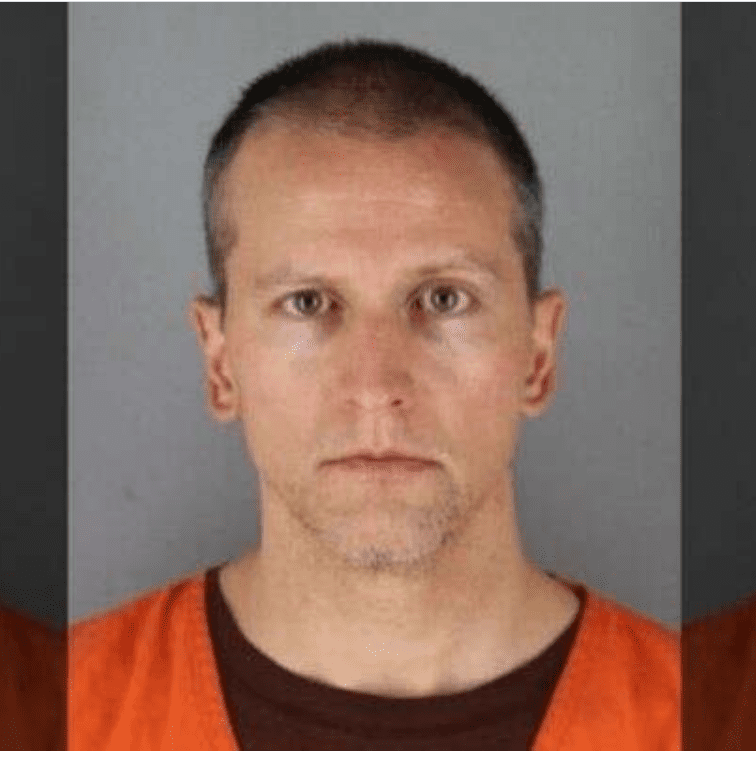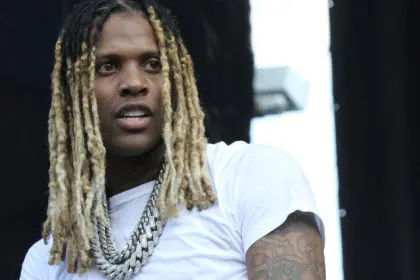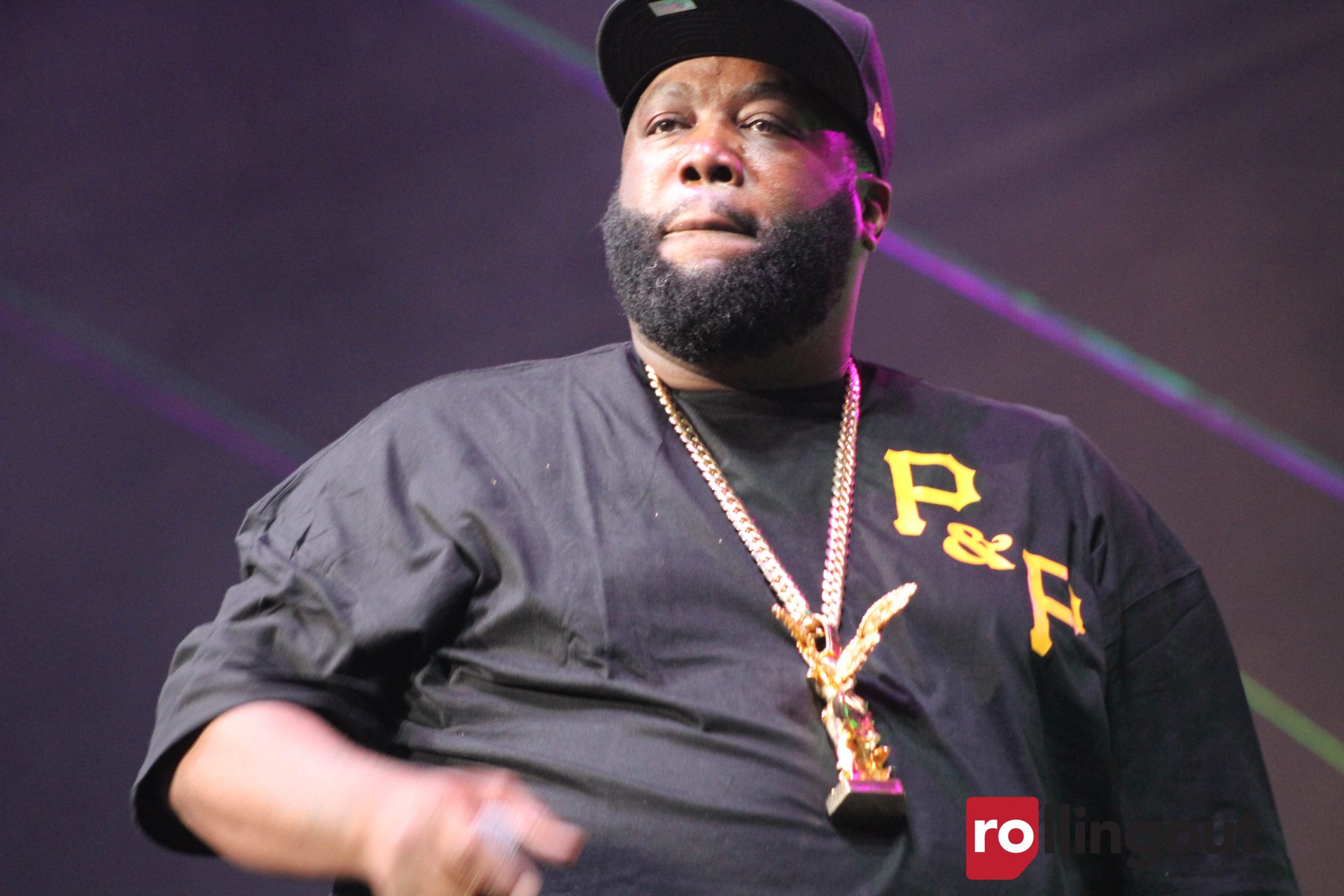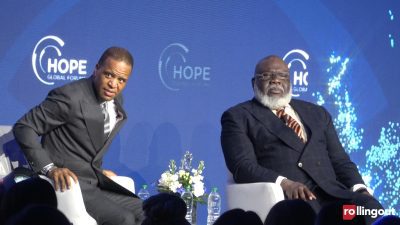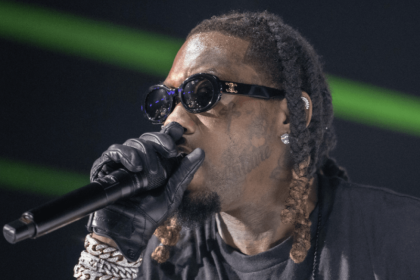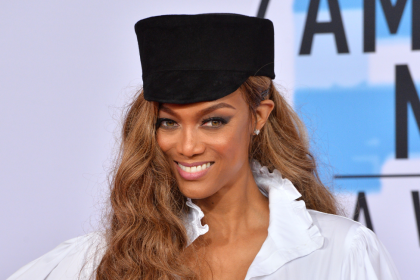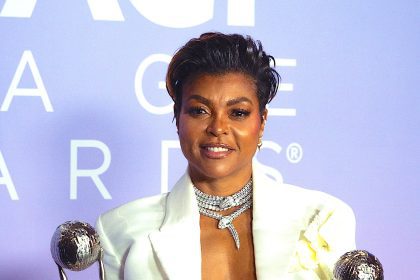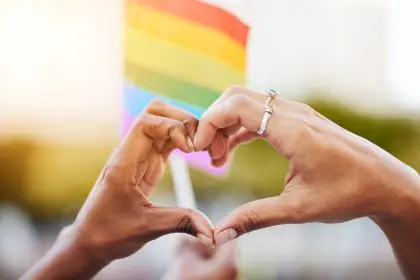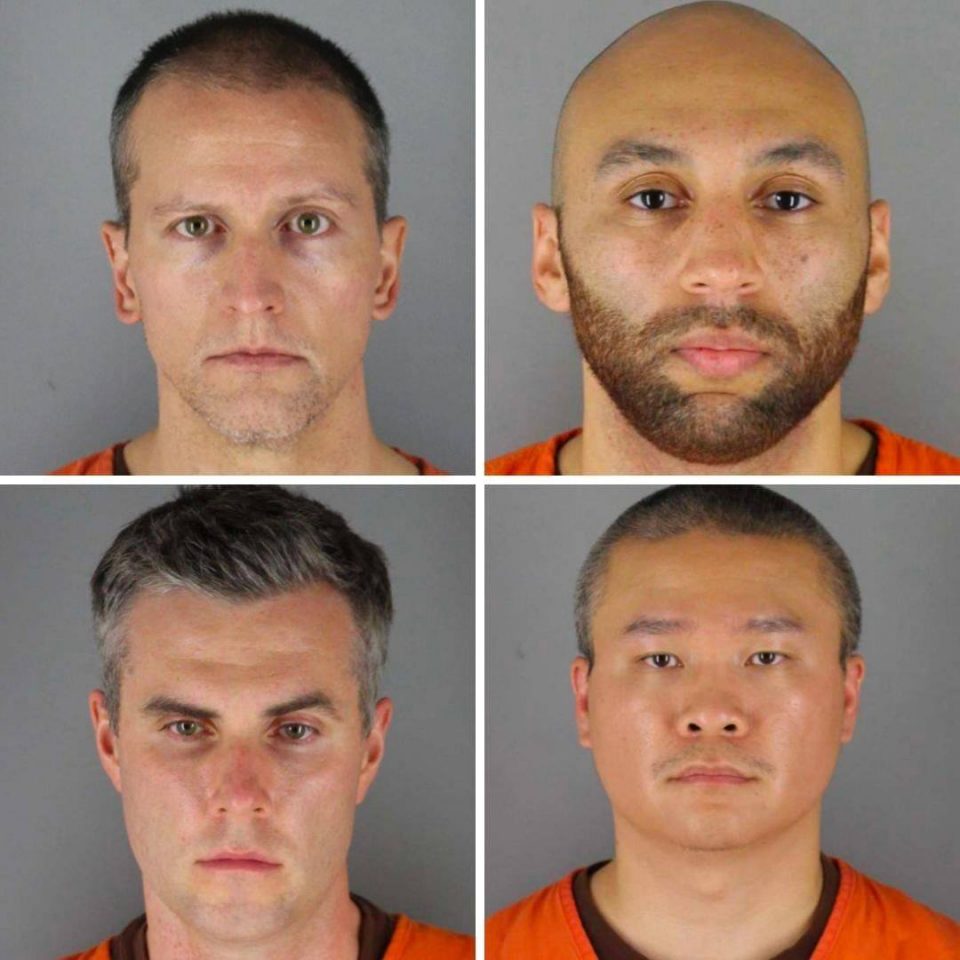
The family of Black Minneapolis cop J. Alexander Kueng, who has been fired and charged with three other officers in connection with George Floyd’s death, have criticized his behavior. Kueng watched as Derek Chauvin knelt on Floyd’s neck until he died.
Kueng’s mother, Joni, said it seems “unfathomable” that her son would be involved in such a tragedy, according to The New York Times. One of Kueng’s siblings, Radiance, said she wants to change her last name in the wake of her brother’s inaction, while another sibling, Taylor, said she is glad that J. Alexander Kueng (who also goes by the name Alex Kueng) has been charged in Floyd’s killing.
Kueng sister Radiance told the Times that, as a Black man, her brother should have stopped Chauvin from killing Floyd. “I don’t care if it was his third day at work or not,” said Radiance Kueng who has been actively involved in the Black Lives Matter movement. “He knows right from wrong.”
Kueng and two other officers, Tou Thou and Thomas Lane, have been charged with aiding and abetting in Floyd’s death. Chauvin has been charged with second-degree murder and second-degree manslaughter. All of the charges are felonies that carry sentences of up to 40 years in prison.
The responses from family members may seem peculiar to some readers. But it may partially emanate from the fact that all four of Kueng’s siblings were adopted by the matriarch. Kueng’s mother is a White woman who married a Nigerian man who is no longer in the family’s life. Joni Kueng went to a Black adoption agency because Alex was tired of being an only child.
The mother explained the rough time the family has had trying to grapple with the fact that her son is wrapped up in this tragic incident.
“It’s a gut punch,” Joni Kueng said. “Here you are, you’ve raised this child, you know who he is inside and out. We’re such a racially diverse family. To be wrapped up in a racially motivated incident like this is just unfathomable.”
Ironically, Alex Kueng joined the Minneapolis Police Department in order to help change the strained relationship between the department and the Black community.
“He said, ‘Don’t you think that that needs to be done from the inside,’ ” Joni Kueng told the Times while referencing the increasing cases of police brutality against Black citizens. “That’s part of the reason why he wanted to become a police officer and a Black police officer on top of it — is to bridge that gap in the community, change the narrative between the officers and the Black community.”


